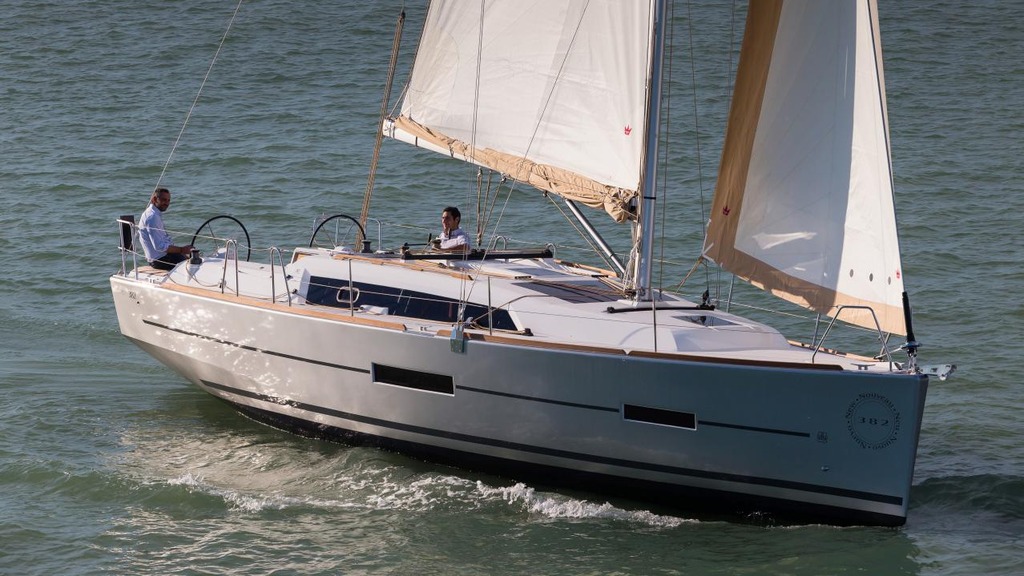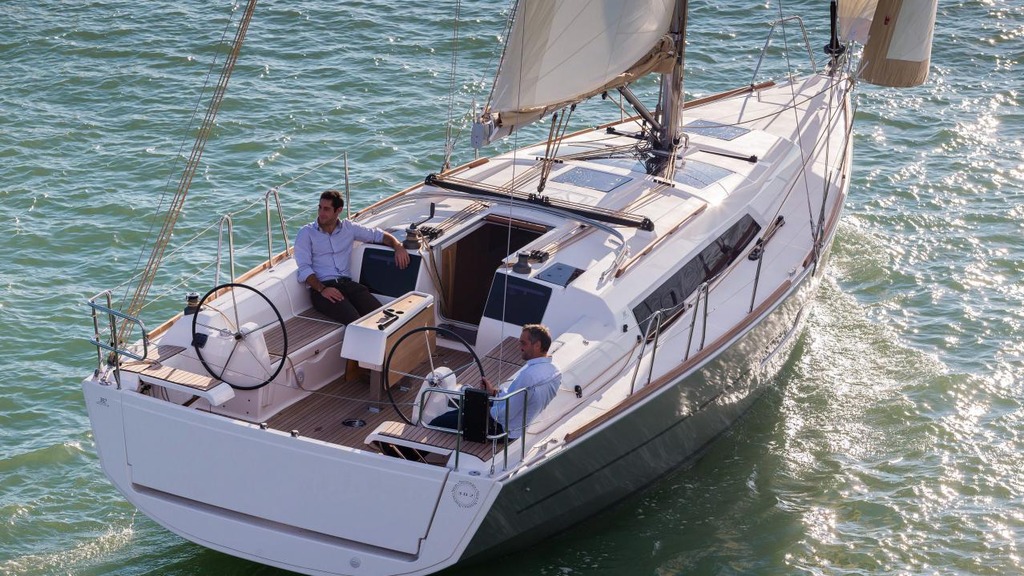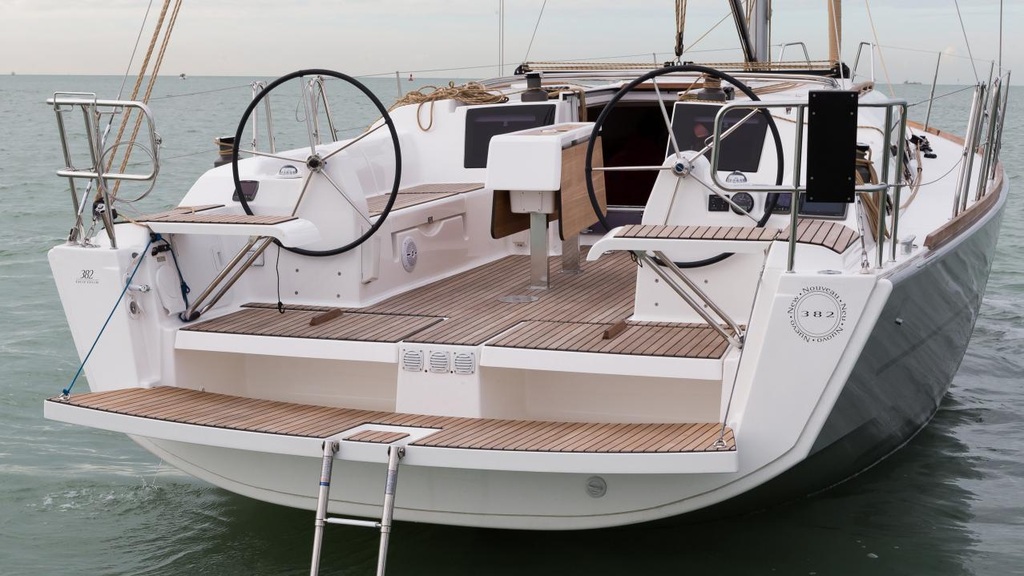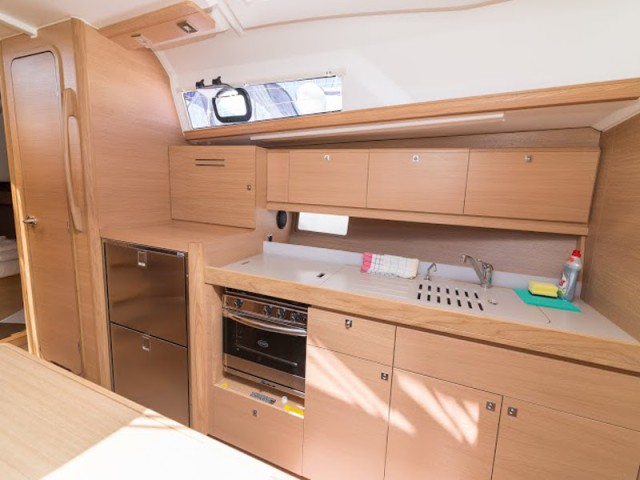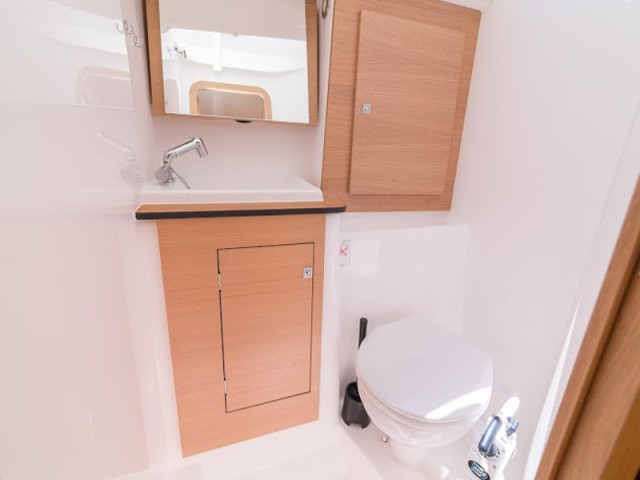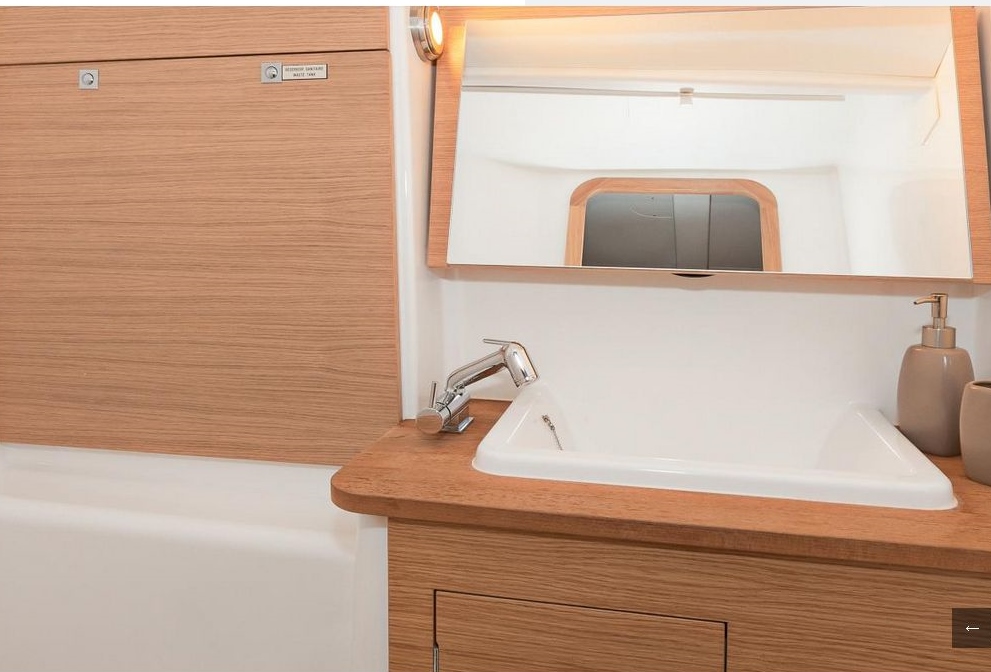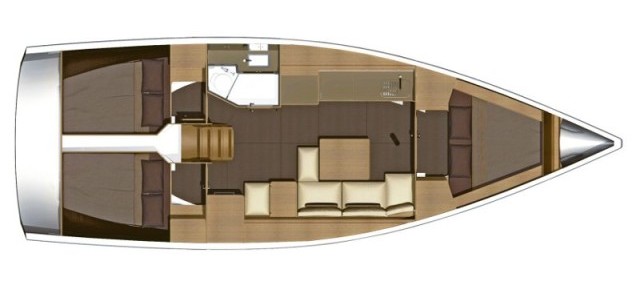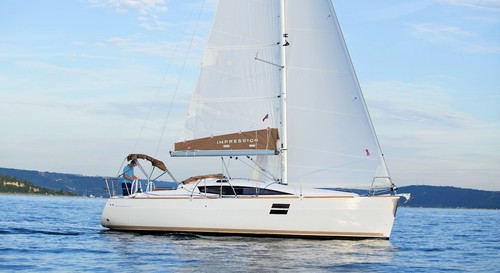Natisni
Charter party condition:
Contractual partners
The charter party is concluded between the charter company and the charterer, and may be concluded through the intermediary of the agency if need be.
Payment, cancellation, non performance of the charterer
- Unless otherwise stated in the charter party, payment of the first installment, as defined, of the charter price is due within three
- In emergencies the charter company may withdraw within 4 days of conclusion of the charter party. In such a case the charter
- If the charterer is unable to accept the charter, he must inform the charter company immediately. If a replacement charter is
- The charter company may withdraw from the charter party if the charterer fails to pay by the stated dead-lines.
- Installments days of conclusion of the charter party; the balance is due six weeks before the commencement of charter. Payment must be received before the dead-lines indicated. Company undertakes to repay to the charterer without delay any monies already paid (if need be, through the agent).
- Concluded at the same terms, the charterer shall be repaid any monies he has already paid, less any handling costs which have arisen, but which shall be not less than 20% of the charter price. If no replacement charter is available at the same terms, the charter company may claim the full charter price. The charterer is strongly recommended to take out a voyage cancellation costs insurance. already paid will only be reimbursed, less a handling charge of 20%, if a replacement charter is concluded at the same terms.
Obligations of the charter company
- The agreed yacht will be delivered to the charterer in a clean, sailable, sea-worthy condition, and with full tanks.
- If the agreed yacht cannot be delivered at the date agreed in the charter party (e.g. because of average, un-seaworthiness as a result of an accident in the preceding charter etc) the charter company may deliver an equivalent yacht without prejudice to the warranty claims of the charterer in so far as there are defects in the replacement yacht.
The charterer warrants and undertakes the following:
- To observe the principles of good seamanship.
- To possess a good command of seamanship and sufficient experience in the command of a yacht or to appoint a responsible skipper with such capabilities. If the charterer or his skipper does not possess the necessary licence or certificate of competence to skipper a yacht of the agreed class, the charter company reserves the right to refuse to hand over the yacht, retaining the charter price, or to appoint a skipper in the name of and for the account of the charterer.
- To observe the laws of any country he might visit and to report the arrival and departure of the yacht to the harbour master.
- Not to use the yacht for the purposes of business or trade, not to take on board any persons not being a member of his immediate group, not to hand over or hire the yacht to a third party without the written consent of the charter company and not to transport any hazardous goods or materials.
- Not to leave the maritime region of the charter company without the prior written consent of the charter company.
- Not to make any changes to the yacht or its equipment.
- To handle the yacht and its equipment with care, always to wear sailing shoes when on board, to maintain the log book in a simple form, prior to the commencement of charter to inform himself in detail about the area to be travelled, e.g. currents, and sea level changes during strong winds etc.
- Not to leave the protective harbour if winds over 7 on the Beaufort scale are forecast.
- To return the yacht in proper working order, in an orderly condition with all equipment properly stowed and with full tanks; failure to do this will mean that the cost of filling the tanks and stowing equipment will be deducted from the deposit.
- To inform the charter company immediately by phone or telegraph in the event of damage, collision, average or other unusual events. To prepare a written account In the event of damage to the yacht or injury to persons, and to have this countersigned by the harbour-master or doctor.
- Always to have the yacht towed by its own line in the event of average or similar events, and to make no agreement about towing or salvage.
- To check the condition of the yacht and check that all its equipment and items listed on the inventory are complete, both on taking over and returning the boat (the check list), and to confirm this by means of a signature.
- To report complaints concerning the yacht without delay to the yacht's base and to note these in the delivery or return documents. Claims notified at a later date cannot be entertained.
- Where applicable, to sign charter parties required by law or the charter company's own contract forms before taking over the yacht.
Repairs, engines and monitoring of the bilges
- Repairs costing over € 100 must have the approval of the charter company. The original of any part replaced must be retained.
- The charterer must check the level of the oil, the cooling water and the bilges each day. The charterer must check the cooling water flow continuously during the charter. Damage due to the motor running dry are not insured under any circumstances, and is for the account of the charterer. The motor must not be used when heeling under sail at over 10o as in such a case oil or water supplies to the engine do not function.
Payments for repairs necessary as a result of wear and tear will be reimbursed by the charter company on presentation of invoices accompanied by the corresponding receipt.
Cancellation by the charterer or reduction of the charter price in the event of late delivery or defects
- If the charter company fails to provide the yacht, or at least an equivalent replacement yacht at the time agreed in the charter party, the charterer may withdraw from this charter party, but not before 24 hours from the commencement of the charter,
- All other claims for compensation by the charterer are excluded, except in the case of intent and gross negligence by the charter company. If the charterer does not withdraw from the charter, he may claim for reimbursement of the charter price pro rata for the time for which the charter company failed to hand over the yacht.
- Damage to the yacht and its equipment which does not prejudice its sea-worthiness and which allow the yacht to continue to be used in a reasonable manner shall not be grounds for withdrawal. A reduction in the charter price in such a case is also and receive full reimbursement of all payments made under this charter party. If the charter period is two or more weeks, the minimum time before which the charterer can withdraw is increased by 24 hours per additional week.
Charter company's liability
- The charter company shall only be liable towards the charterer and his crew for loss or damage arising from intent or gross negligence on the part of the charter company.
- The charter company shall not be liable for loss or damage caused by inaccuracies, amendments, mistakes and defects in the ancillary nautical equipment provided, e.g. marine charts, handbooks, compass, radio direction finding equipment etc.
- Claims by the charterer due to the inability of the yacht for use resulting from damage or total loss caused by the charterer or a third party during the charter shall be excluded.
Agency's liability
The agency is only liable as an intermediary for intentional or grossly negligent dereliction of duty in the performance of its services as an intermediary.
Charterer's liability
- The charterer shall indemnify the charter company against all civil and criminal consequences of third party claims arising from actions and failures to act on the part of the charterer including all legal costs in the country of delivery and abroad. The charterer accepts the yacht on his own responsibility.
- If the charterer leaves the yacht at any place other than the agreed location for any reason whatsoever, the charterer shall bear the costs for the return of the yacht by water or by land. If the return of the yacht extends beyond the time period of the charter, the yacht shall be deemed to be returned by the client at the time of its arrival in the agreed harbour.
- Late return of the yacht and non-usability of the yacht caused by the charterer shall be grounds for claims for compensation by the charter company.
- Attention is drawn to the fact that conclusion of hull insurance by the charter company does not mean that the charterer is not liable for loss or damage not covered by such insurance, or for loss or damage for which the insurance expressly reserved the right of recourse to the charterer. This applies particularly to damage caused by gross negligence, intent or failure to observe the conditions of the charter party, and for any consequential loss or damage.
The conditions of the insurance are an integral part of this contract. The deductible excess for each loss is to be borne by the charterer and may differ from the deposit paid. The deposit will be repaid without delay on the return of the yacht and equipment in good condition. Loss and damage will be off-set against the deposit. Loss and damage not covered by the deposit or the insurance shall be paid without delay by the charterer. Conclusion of an extended "Skipper's liability insurance" (which covers crew's liability amongst themselves and recovery of losses to the chartered yacht in the event of substantiated gross negligence) and a consequential loss insurance is strongly recommended.
Miscellaneous/subsidiary agreements/ information / separability clause
- The charter period may only be extended with the agreement of the charter company. If there should be obvious errors in the invoicing of the charter price and the extras, the charter company and the charterer have the right and the obligation to correct the charter price in line with the valid price list. This does not affect the legality of this contract.
- Oral undertakings and subsidiary agreements are only valid after written confirmation by the charter company. This applies also to any waiver of the requirement for written form. All care is taken in the preparation of information, but information is given without guarantee.
- The invalidity of individual provisions shall not affect the validity of the remaining provisions of the charter party. The parties agree to replace invalid provisions by valid provisions most closely approaching the invalid provisions.
Place of jurisdiction, applicable law.
All claims relating to the relationship between charterer and agency shall be subject to the law applicable to the registered office of the agency; the place of jurisdiction shall be the registered office of the broker. All claims relating to the relationship between charterer and charter company shall be subject to the law applicable at the registered office of the charter company, and the place of jurisdiction shall be the registered office of the charter company.

